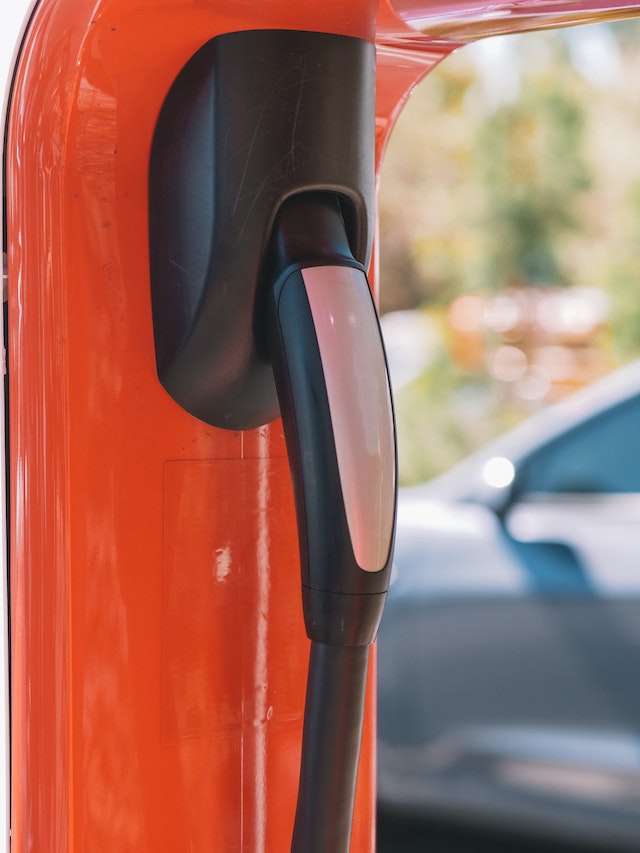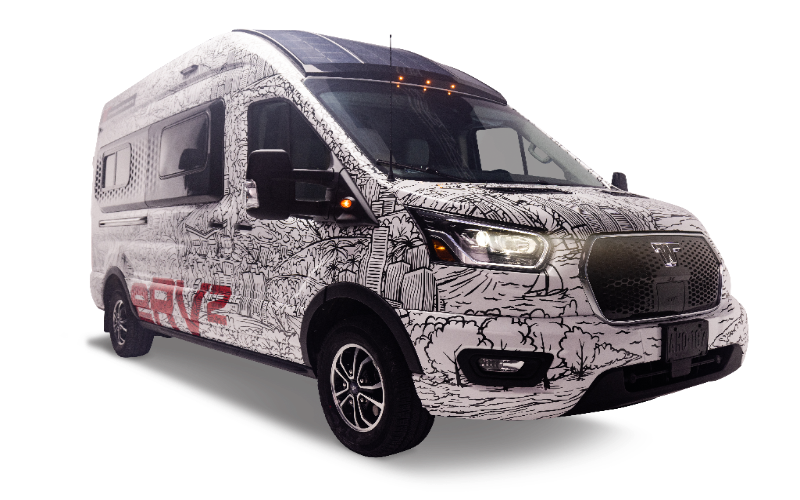The rise of electric and hybrid technology within NASCAR

NASCAR is a cornerstone of American motorsports, and it is deeply ingrained in the national psyche, with events like the Daytona 500 and the Brickyard 400 attracting millions of national viewers each year.
The roar of the engines and the mechanical power of the cars are two things that get fans out of their seats and make it such an interesting sport to watch. The world is changing, however, and cars with full gas tanks could give way to those powered by electric and hybrid technology.
If you follow NASCAR news closely, you will already be aware of the rumors circulating that new manufacturers are looking to get involved in the sport and bring with them a change in the cars, moving from gasoline V8 engines to electric and hybrid motors. vehicles.
In this article, we take a closer look at why electric and hybrid technology appear to be gaining a foothold in NASCAR.
Reduce carbon emissions
The existential threat posed by climate change appears to have prompted actors across all sectors to implement ecological changes. Environmental activism does not appear to be NASCAR’s primary motivation, however.
While gas-guzzling sports cars undoubtedly aren’t good for the environment, the action on the track isn’t the biggest contributor to NASCAR’s carbon footprint. NASCAR could significantly reduce its carbon footprint by keeping its cars powered by gasoline and simply streamlining many of its other processes.
So while going electric and hybrid will be good for the environment in the long run, it is not and should not be considered NASCAR’s primary motivator. So what are the main reasons behind NASCAR’s stated commitment to electric and hybrid vehicles?

Win Sunday, Sell Monday
NASCAR’s business model has traditionally been to see cars win on a Sunday and then be sold on a Monday. The idea behind the move to electric and hybrid vehicles is that NASCAR will simply keep up to date and follow modern trends in car sales.
Elon Musk has been defending electric vehicles for years, but it is only really since 2020 that the sale of these automobiles has taken off in the United States. Last year, 1.6 million electric vehicles were sold in the United States, an increase of 60% from the previous year.
This year, that figure is expected to rise further, and as technology advances, we could enter a world in which the majority of people will be driving electric vehicles within 10 years.
If this is the case, NASCAR will have difficulty implementing the Win on Sunday, Sell on Monday business model if the cars racing are gas-powered and the cars on the highway are electric.
Entertainment
This is not something exclusive to NASCAR, but rather a problem that is now affecting all motorsports and entertainment on the planet. Teams and drivers are motivated by self-interest: they want to win all the time and they want to have the best cars.
In motorsport this can lead to everyone using the same technology because it is the best available. While this helps drivers and teams gain an advantage and close the gap between themselves and those they are chasing, it often makes for boring spectacles for fans.
Let’s just take F1 as a perfect example, a sport where if you stray from the mainstream in terms of design, you quickly find yourself left behind. The introduction of electric and hybrid would bring a new element of chaos to NASCAR, which would be great for competition and inject entertainment into the sport.
There would be a diversity of engines and designs, which would lead to changes in driving style and countless other changes that we cannot yet predict. In short, electric and hybrid NASCAR vehicles can revitalize the sport and help it avoid the fate of other motorsports that have become boring and lifeless.
When electrification in NASCAR will begin is a question we don’t yet have an answer to, but one thing is for sure: It’s coming.



Leave a Comment